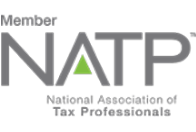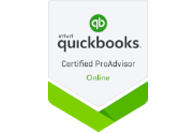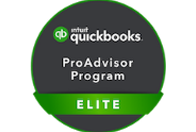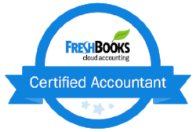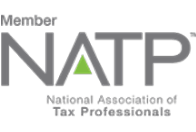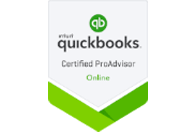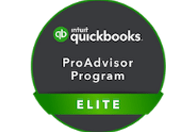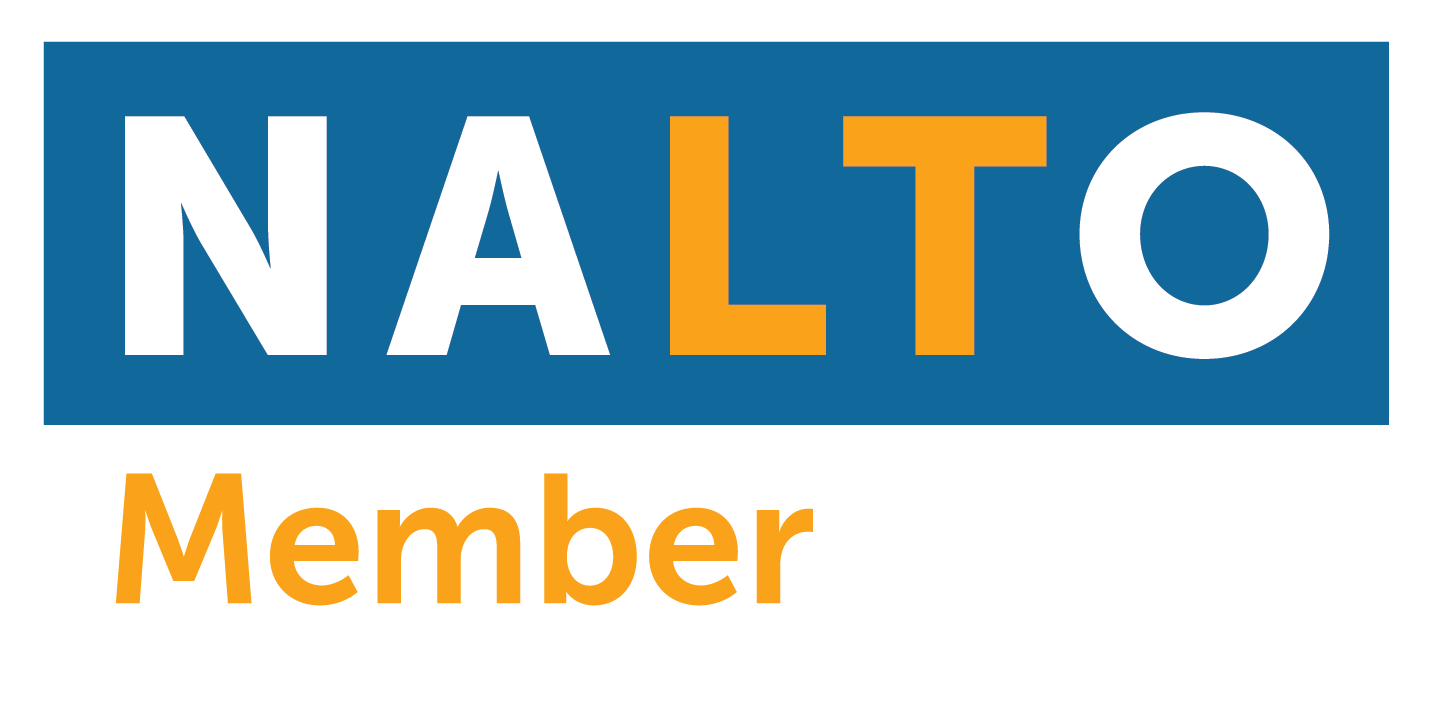As a rule, you must capitalize the costs of fixed assets, intangible assets, and major improvements in your balance sheet instead of claiming it as a full deduction in your tax return. However, this doesn’t mean that you won’t be able to recover the costs of your investments. You can still benefit from that tax deduction over time through depreciation and amortization.
Depreciation and Amortization
Definition
Depreciation is an accounting process to periodically decrease the value of a tangible asset over its useful life as it loses its value due to wear and tear, being obsolete, or deterioration. Amortization, on the other hand, spreads the costs of intangible assets over its useful life. Intangible assets are non-physical assets of value such as goodwill, patent, trademark, copyright, startup costs, software, etc.
Concept
They may seem similar cause they both recover the costs of your assets, but they have different concepts for their usage. Depreciation is being done in recognition of the decline in the value of a physical asset due to its usage and other factors. While in amortization, you simply spread the cost of your intangible assets over time, but it does not mean that the asset’s value has actually declined at the end of its life. A patent will still give the same exclusive right to an invention from start to end.
Available Methods
There are several options available when figuring depreciation such as straight-line and accelerated depreciation methods while amortizing intangible assets normally use the straight-line method only. Also, intangible assets have no salvage value hence this is not accounted for when determining amortization.
As Tax Deductions
Depreciation and amortization are annual deductions on your returns to gradually recover the cost of your property over time. They are deductible expenses that lower your taxable income and ultimately reduce your tax liability in the end.
What Can be Depreciated and Amortized?
As a taxpayer, you can begin depreciating a property when it is placed in service for your business or when it is ready for income-producing activities. Depreciation ends when the property is disposed of, retired from service, or is fully depreciated.
According to the IRS (Internal Revenue Service), a property must meet all the following requirements to be depreciable:
Must be a Property You Own. You must have ownership over the subject property to be depreciable. Ownership is not disregarded even if the property was acquired through mortgage. So, a delivery truck bought for your business is considered yours and can be depreciated even if it is under a 5-year installment vehicle loan.
Must be Used in Your Business or Income-Producing Activity. The property must be for business use or for income-generating activities. If a personal property is used for business, you may still depreciate the property but it is limited to its business usage only. A property solely used for personal activities cannot be depreciated.
Must have a Determinable Useful Life. To have a determinable useful life means that the property is subject to wear and tear, obsolescence, being used up, or naturally loses its value. For this reason, land property can never be depreciated. However, attachments or improvements to the land are depreciable.
Must have a Useful Life of More than 1 Year. The property must have a life of more than a year after it was placed in service to be depreciated. Otherwise, it should be an outright expense.
Importance of Depreciation and Amortization
Determining the tax deduction can be complex but it can reward you with a great tax benefit. Properly accounting for these expenses allows businesses to reflect their true profitability and manage tax obligations more strategically. We recommend you hire a professional to compute for depreciation to ensure compliance with the IRS’s intricate rules.
Depreciation and amortization may be a complicated concept, but it is not a reason to miss out on your tax deductions. Be sure to maximize these deductions and take advantage of its tax benefits.
Want to learn more?
You may want to consult and work with 1099 Accountant – We offer online bookkeeping, online advisory services and online tax and accounting services. We offer reasonable rates. We only work with independent contractors, freelancers, and one-person business. We work with locum tenens from California to New York City and everywhere in between. Yes, even Hawaii!
Contact us toll-free (855)529-1099 or make an appointment for a free consultation. Contact Us

